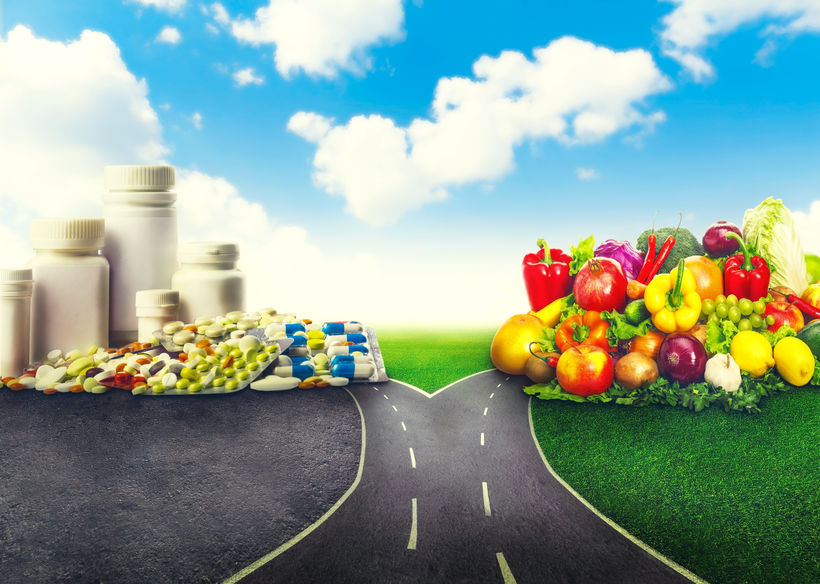Drug Interactions: Did You Know that Some Medications can’t be taken with certain Foods?
I was getting ready for a radio interview on KEZW in Denver. Of course, I had to get a haircut. Yes, I know that people don’t see me on radio, but I also know that you feel better and do better when you look better. Larry, the barber, was telling me a holiday factoid he learned from a veterinarian who needed a haircut just before Thanksgiving: dogs end up in the animal emergency room because they eat too much turkey. It turns out that turkey, particularly too much skin, can set off inflammation of the pancreas in dogs.
My radio interview is related to holiday eating as well. There are several food and drug combinations that should be avoided or monitored, particularly over the holidays. This is a tale of punch and spinach and cheeses and alcohol. Food and drugs can interact at any time, but the holidays are often when we delve into foods that are unusual for us, or which are consumed in greater quantities than usual.
Holiday time is party time, and you are likely to encounter various holiday punches this season.
If your citrus punch contains grapefruit juice, it might interfere with your cholesterol medication. Many folks are on “statin” drugs for cholesterol. Some of the statins, including the popular drugs lovastatin and atorvastatin, have their metabolism inhibited by a substance found in grapefruit juice. This can cause the statins to work even better, but can also produce greater side effects.
Patients taking the anticoagulant warfarin (Coumadin®) should watch their diets at all times. Warfarin is an inhibitor of Vitamin K, and when dosed appropriately warfarin interferes with the production of functional clotting factors by the body. If a patient gets a large dose of dietary Vitamin K, it can throw the balance in favor of clotting; a deficiency of Vitamin K can throw the balance in favor of bleeding. Moderation and consistency in the intake of vegetables and dietary sources of Vitamin K is best. If you are a patient on warfarin, the holidays can be time to enjoy many of the other seasonal goodies without interfering with your medication.
These are only two examples of interactions that can occur between drugs and foods. These two food-drug interactions cannot be avoided by separating when you take your drugs and eat your food.
Other interactions involving drugs and foods can be easy to manage by avoiding taking both at the same time.
The classic interaction of the antibiotic tetracycline with calcium in milk products is less relevant today because tetracycline is now so expensive that it is uncommonly used. But some other drugs, such as ciprofloxacin ( a common drug for infection) also interact with milk, which prevents some drugs from being absorbed. It is best to take these drugs with water on an empty stomach – one hour before or two hours after eating.
You may notice that warning on some of your medications.
Interactions between drugs and foods can be a worry for many patients. The most common and most dangerous interactions will be listed in the patient information you get with your prescription, and it’s likely that your prescriber and pharmacist will counsel you about them.
Your community pharmacists is always accessible to help with medication questions or concerns. We want your medications to work for you. If you are concerned about an interaction with your medications, stop in your community pharmacy and talk with your pharmacist. And remember to swap holiday greetings.












